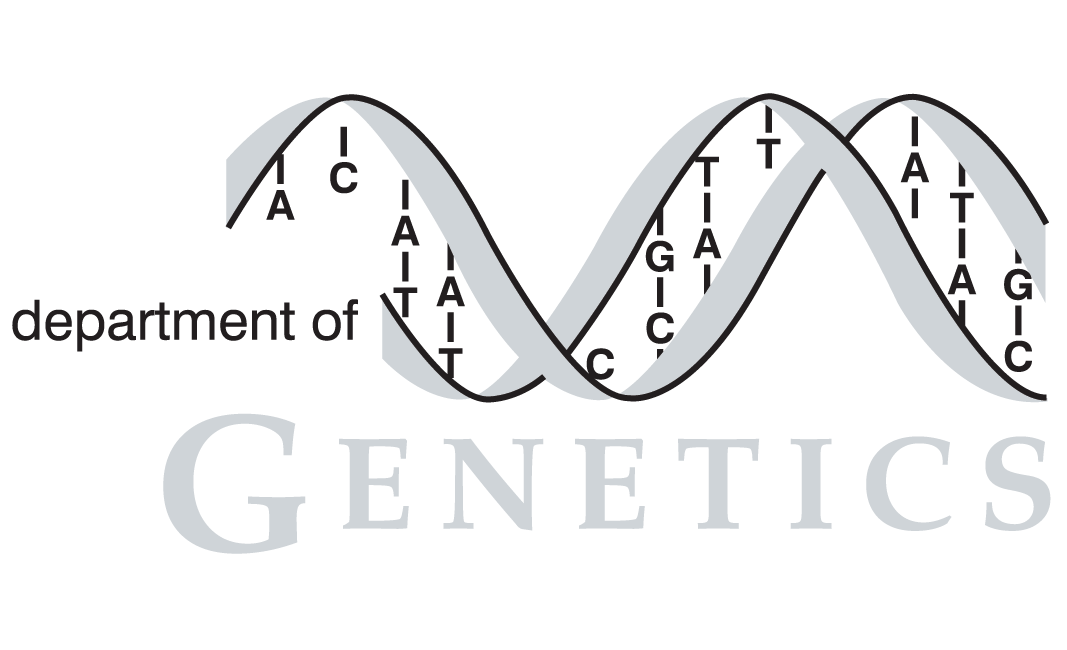| Citation | Ochi K, Nishizawa T, Inaoka T, Yamada A, Hashimoto K, Hosaka T, Okamoto S, Ozeki Y. Heterologous expression of a plant RelA-SpoT homologue results in increased stress tolerance in Saccharomyces cerevisiae by accumulation of the bacterial alarmone ppGpp. Microbiology (Reading, England), 2012. |
| PubMed ID | 22679107 |
| Short Description | Heterologous expression of a plant RelA-SpoT homologue results in increased stress tolerance in Saccharomyces cerevisiae by accumulation of the bacterial alarmone ppGpp. |
| # of Conditions | 2 |
Full Description

|
The bacterial alarmone ppGpp is present only in bacteria and the chloroplasts of plants, but not in mammalian cells or eukaryotic micro-organisms such as yeasts and fungi. The importance of the ppGpp signalling system in eukaryotes has therefore been largely overlooked. Here, we demonstrated that heterologous expression of a relA-spoT homologue (Sj-RSH) isolated from the halophilic plant Suaeda japonica in the yeast Saccharomyces cerevisiae results in accumulation of ppGpp, accompanied by enhancement of tolerance against various stress stimuli, such as osmotic stress, ethanol, hydrogen peroxide, high temperature and freezing. Unlike bacterial ppGpp accumulation, ppGpp was accumulated in the early growth phase but not in the late growth phase. Moreover, nutritional downshift resulted in a decrease in ppGpp level, suggesting that the observed Sj-RSH activity to synthesize ppGpp is not starvation-dependent, contrary to our expectations based on bacteria. Accumulated ppGpp was found to be present solely in the cytosolic fraction and not in the mitochondrial fraction, perhaps reflecting the ribosome-independent ppGpp synthesis in S. cerevisiae cells. Unlike bacterial inosine monophosphate (IMP) dehydrogenases, the IMP dehydrogenase of S. cerevisiae was insensitive to ppGpp. Microarray analysis showed that ppGpp accumulation gave rise to marked changes in gene expression, with both upregulation and downregulation, including changes in mitochondrial gene expression. The most prominent upregulation (38-fold) was detected in the hypothetical gene YBR072C-A of unknown function, followed by many other known stress-responsive genes. S. cerevisiae may provide new opportunities to uncover and analyse the ppGpp signalling system in eukaryotic cells. |
Tags
 |
Contact: sgd-helpdesk@lists.stanford.edu


